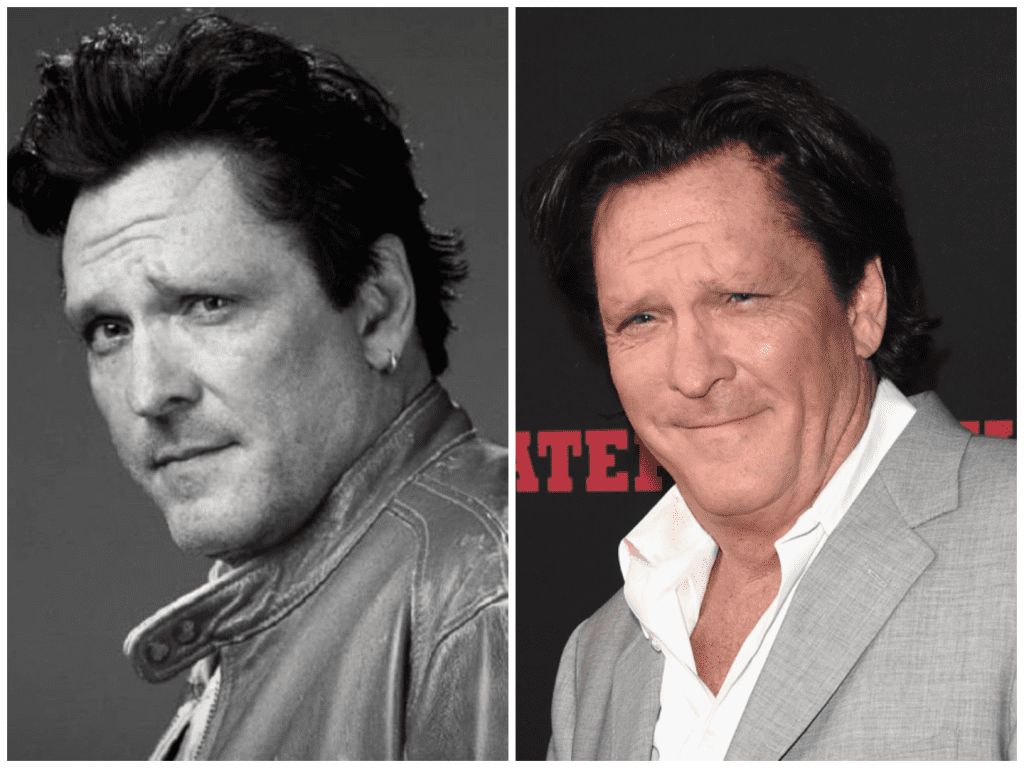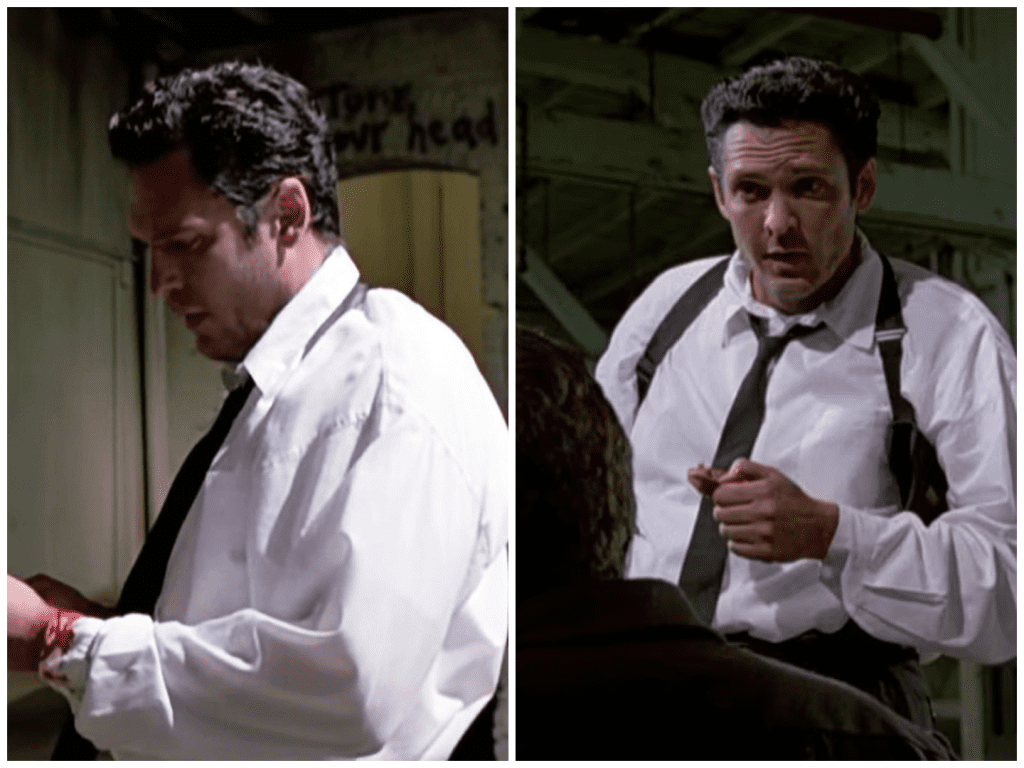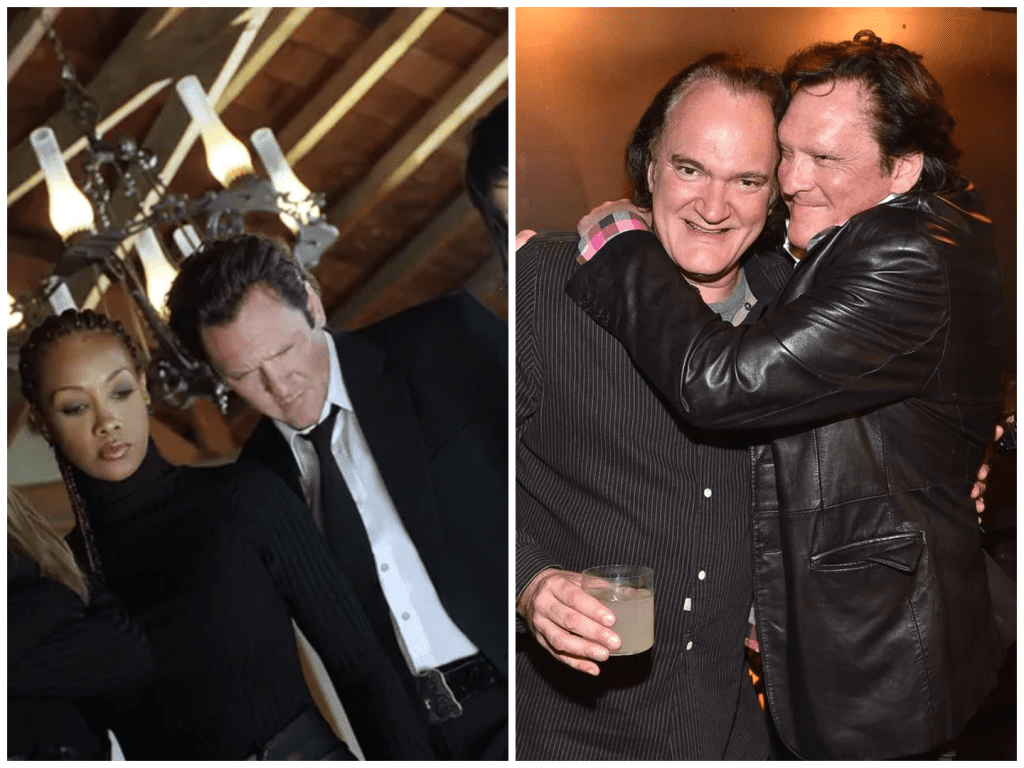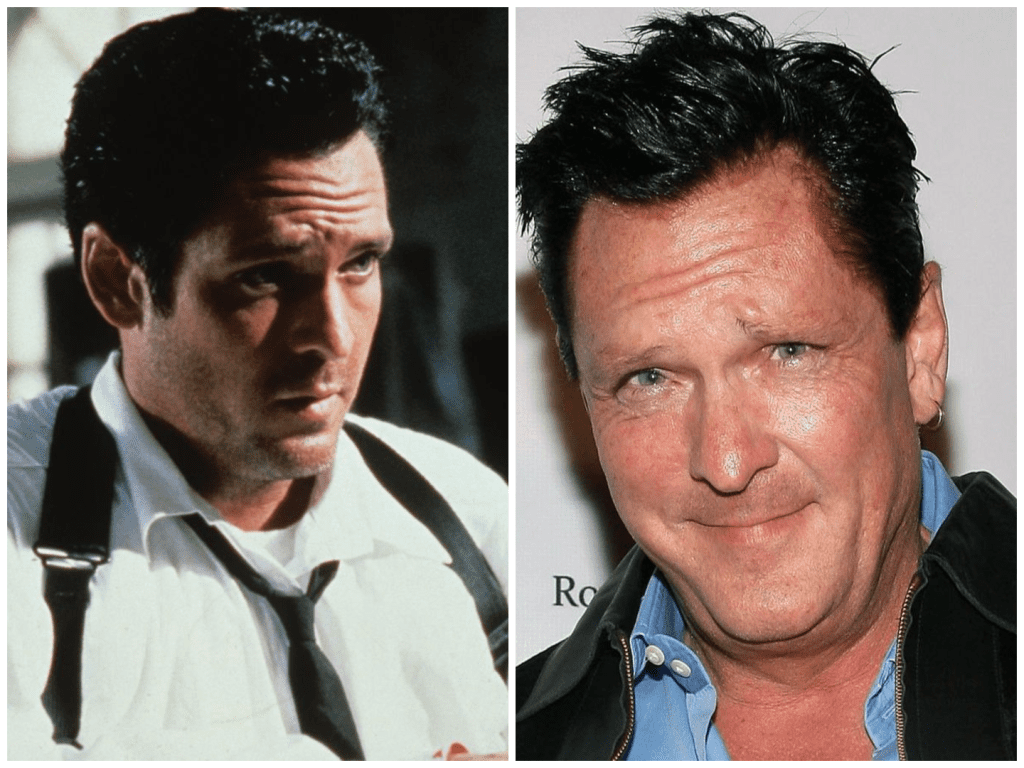Michael Madsen Dies at 67 — Remembering the Rugged Star Who Defined a Generation of Cinema

Michael Madsen wasn’t just another actor in Hollywood. He was one of those rare, unforgettable presences — a man whose gravelly voice, commanding screen presence, and soulful eyes brought both menace and mystery to every role. On July 3, 2025, the world learned that Michael Madsen had passed away in his Malibu home at the age of 67 due to cardiac arrest. The news broke quietly, almost as if the world didn’t want to believe it. But it spread fast — fans, fellow actors, and film lovers everywhere began to grieve, remembering the man who gave us unforgettable performances in films like Reservoir Dogs, Kill Bill, Donnie Brasco, The Hateful Eight, and countless more.
It was a quiet Thursday morning when Madsen was found unresponsive. Emergency services responded quickly, but there was nothing they could do. His manager later confirmed that Madsen had suffered a heart attack, and there were no signs of foul play. And just like that, one of the most recognizable tough guys in cinema — a man who had built a career on balancing danger with unexpected vulnerability — was gone.
But Michael Madsen’s life wasn’t just about movies or fame. It was about struggle, creativity, loss, and resilience. His story is the kind that Hollywood so often tries to script but rarely gets right. Because Michael lived it all — the highs of working with Tarantino, the lows of personal tragedies, and the quiet battles that so many actors wage behind the scenes.
He was born on September 25, 1957, in Chicago. His mother was a filmmaker and poet, and his father was a fireman. That blend of art and grit would follow him through life. As a young man, Madsen didn’t immediately pursue acting. He drifted. Worked odd jobs. He even worked as a mechanic. But it was when he started acting in Chicago’s Steppenwolf Theatre — yes, the same legendary theater company that gave us John Malkovich and Gary Sinise — that something clicked. He had found his world.
His breakthrough came with Reservoir Dogs in 1992. Quentin Tarantino, himself an upcoming writer-director at the time, took a chance on him. Madsen played Mr. Blonde — a psychotic, smooth-talking thief with a taste for violence — and stole the screen in a film filled with strong performances. That ear-cutting scene? Choreographed by Madsen himself. Brutal, disturbing, unforgettable — and somehow, impossibly charismatic. That role branded him forever. Suddenly, he wasn’t just an actor — he was the guy you called when you needed someone dangerous, unpredictable, and real.

But Michael Madsen wasn’t a one-note villain. That’s something his true fans always knew. He had depth. You could see it in his quieter roles, like in Donnie Brasco, where he played Sonny Black, a mobster with a code. Or in Thelma & Louise, where he played Susan Sarandon’s boyfriend, soft-spoken and fiercely loyal. He had range, but Hollywood — as it so often does — boxed him in. Still, he never stopped working. He had over 300 film credits. That’s not a typo. Michael Madsen was a workhorse. Big-budget movies, low-budget indies, foreign projects, voice work, TV — he did it all. Not for fame, not even always for money. But because he had to act. It was in his bones.
His collaboration with Quentin Tarantino remained one of the most enduring and important of his career. After Reservoir Dogs, he returned in Kill Bill as Budd — the washed-up brother of Bill, living in a trailer and burying his pain under whiskey and sand. That role showed a different side of Madsen — weary, broken, but still dangerous. It was one of his finest performances, layered with melancholy. There was talk for years that Tarantino would bring Madsen, Tim Roth, and John Travolta together for a film, possibly a prequel involving Vic and Vincent Vega. That dream never came true, and now, with Madsen gone, it never will.
Offscreen, Michael Madsen was a poet. Literally. He published several volumes of poetry, including Burning in Paradise and The Complete Poetic Works of Michael Madsen. His writing was raw, honest, often sad — a reflection of a man who had seen life’s darker corners. He wrote about love, pain, fame, and addiction. In an industry obsessed with polish, Madsen was a mess in the best way — real, bruised, and always himself.

He was also a father. He had five sons. Tragically, one of them, Hudson Madsen, died by suicide in 2022. That loss shook Michael deeply. In interviews afterward, he opened up about the unbearable grief, how he blamed himself, how it changed him forever. It was one of the rare times the tough guy mask slipped completely, and we saw the broken father underneath. He never fully recovered from that. No parent does.
But he kept going. That’s the thing about Michael Madsen. He always kept going. Even when Hollywood stopped calling as often, even when the budgets got smaller, even when the spotlight faded — he kept acting, kept writing, kept living. He would show up at fan conventions, smiling and joking with fans. He had a loyal following, people who loved him not just for the roles, but for who he was — authentic, flawed, fearless.
He had his demons, no doubt. There were run-ins with the law, reports of rehab, financial troubles. But he never pretended to be perfect. He wore his scars openly. That’s part of why people loved him. In a world of polished publicists and fake apologies, Michael Madsen was a man who just kept showing up.
And he was funny. That often got overlooked. Watch any interview with him — he had this dry, deadpan humor that could turn any boring question into a moment of unexpected honesty or mischief. He once joked that he played so many killers because he “had the walk.” But he also knew how to laugh at himself, how to make a room feel a little more alive.
When the news of his death hit, tributes poured in. Quentin Tarantino released a statement calling Madsen “one of the most authentic actors I ever had the privilege to work with.” Tim Roth shared a photo of the two of them on the Reservoir Dogs set, writing simply: “Brother. Forever.” Even younger actors who never got the chance to work with him expressed how much his work had meant to them.
And fans — oh, the fans. They filled comment sections with quotes, favorite scenes, personal memories. They shared photos from comic cons, selfies with Michael smiling, arms slung casually around their shoulders. For many, he was more than an actor — he was a symbol of a different kind of Hollywood. A grittier, rawer, more human one.
There’s something deeply poetic about the fact that Madsen died on the cusp of a Hollywood that’s changing. The industry today is cleaner, safer, more sanitized. But back in the ’90s and early 2000s, it had room for wild cards — people like Michael Madsen who didn’t fit into neat boxes. He was messy, brilliant, dangerous, and kind. A character actor who became a cult icon. A villain with a poet’s soul.
And maybe that’s the best way to remember him — not as Mr. Blonde or Budd or Sonny Black. But as Michael. The man who loved words. The man who mourned his son in ink and tears. The man who kept showing up, camera-ready or not. The man who, in one of his last interviews, said, “I think I was put here to remind people that pain has a place. You don’t have to pretend to be fine. You just have to keep moving.”
Michael Madsen is gone. But his voice, his face, his words — they remain. In movies. In poetry. In memories. That’s the strange magic of cinema. It makes some people immortal.
Thank you, Michael. For everything.


